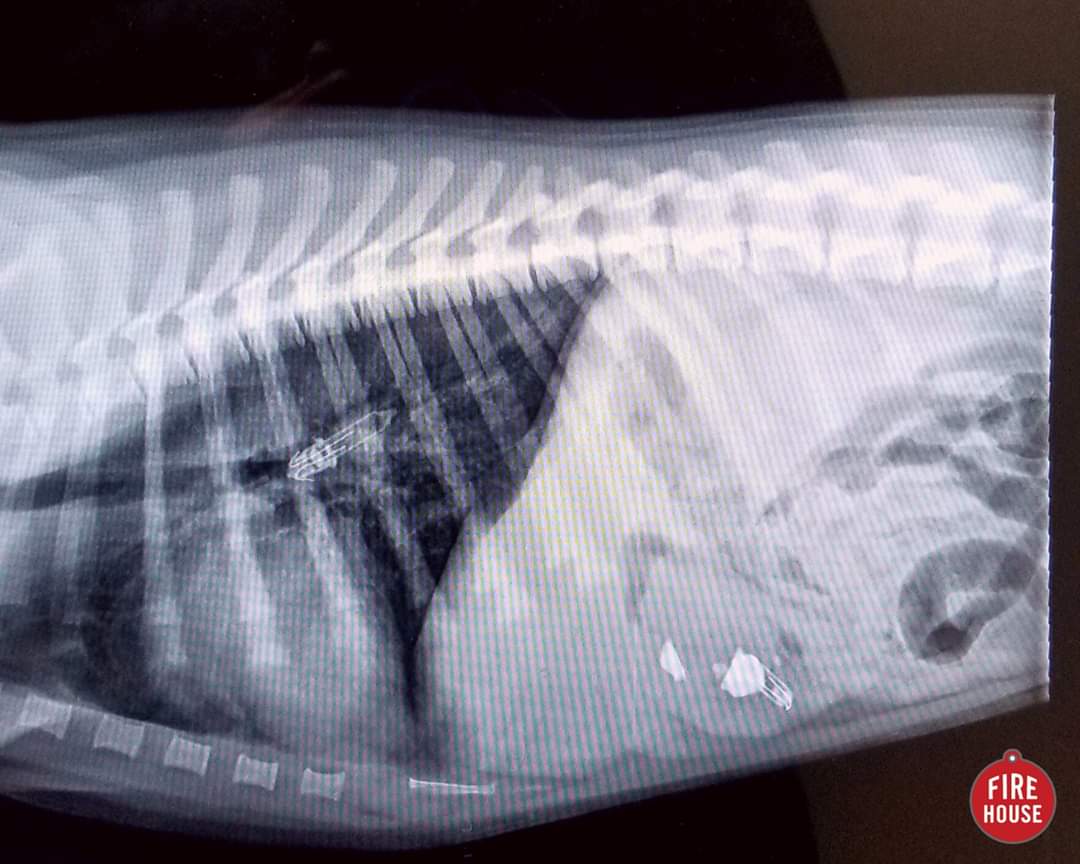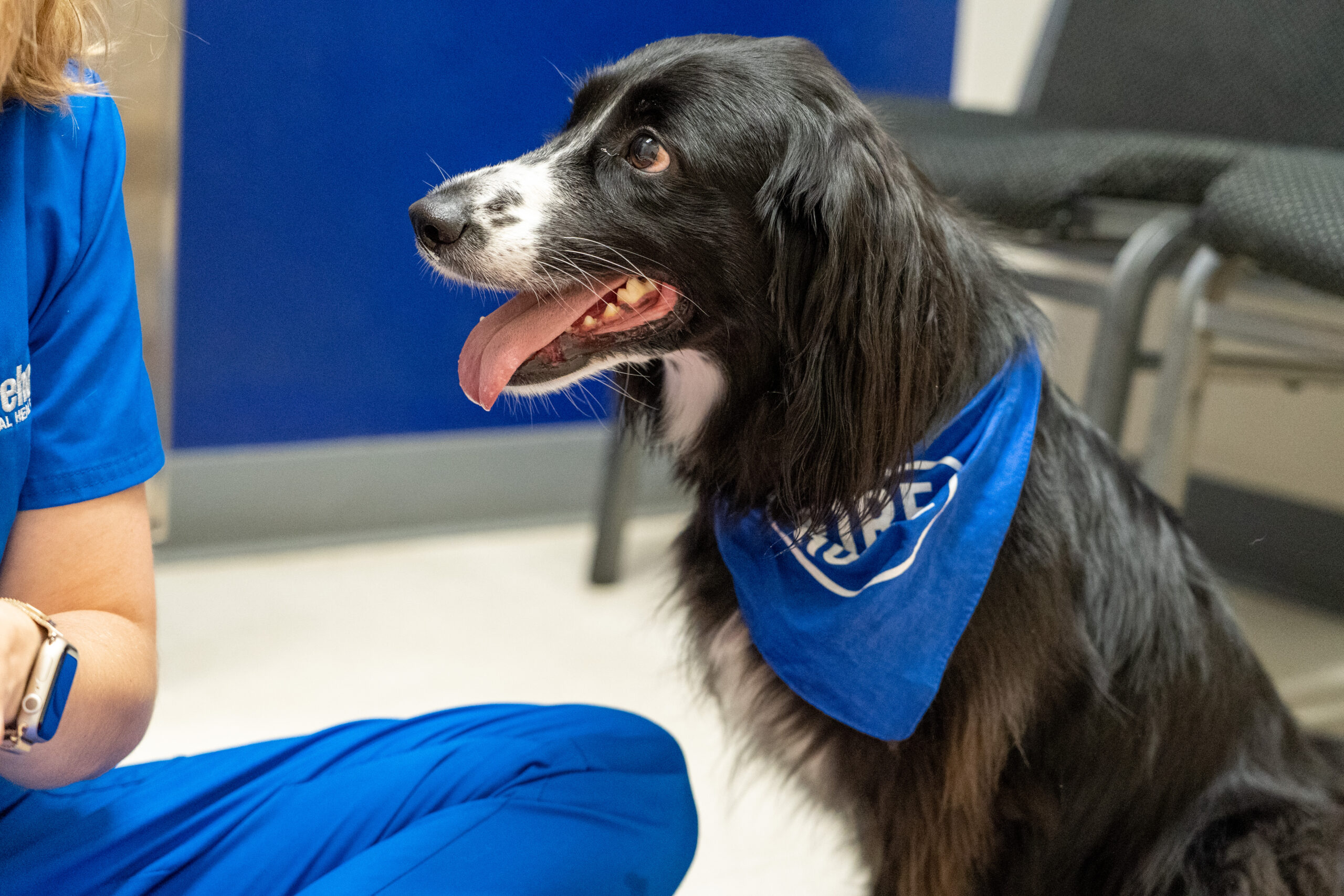2.5 minute read
Dr Sherry Hill, Medical Director and veterinarian at Firehouse Cedar Park, offers tips for a vomiting pet.
Last Saturday, Lucy, a playful Golden Retriever, threw up after her usual morning walk. Her owner, Jenna, panicked and wondered what to do next.
There can be many causes for dogs and cats to vomit. Dr Sherry Hill, Medical Director and veterinarian at Firehouse Cedar Park, offers tips to help you when your cat or dog is suffering.
Vomiting is common. Diet changes, eating something inappropriate, or underlying health issues could all cause this icky reflex.
Why did my pet vomit?
- Did they eat something they shouldn’t have recently? Dogs or cats might vomit due to ingesting foreign objects or toxic substances.
- Do they have an obstruction in their intestinal tract? This can happen if they swallow a toy, bone, or other non-digestible item. A bowel blockage can be severe and requires immediate veterinary attention.
- Pancreatitis: Inflammation of the pancreas is another potential cause. It’s painful and leads to severe complications if not treated promptly.
- Changes in liver and kidney function. Vomiting can also be linked to changes in these two organs, which detoxify the body.

This X-ray shows a Christmas light eaten by a mischievous pup. Luckily, this item was small and the pet was fine. Yet, large intestinal blockages can cause your pet to vomit.
When do I consult a vet about my cats and dogs throw up?
One-time vomiting vs. continuous vomiting: Monitor your pet if they vomits once and then act normal. If they become lethargic, stop eating, or continue vomiting, contact your vet.
Supportive Treatment: Veterinarians prefer to see pets before they become severely ill. Early treatment can prevent more serious complications. Contact your vet if you’re concerned.

Call us if your vomiting pet becomes sluggish, refuses food, and/or continues throwing up.
What to do right after my pet vomits?
Observe: Note the vomit’s characteristics as you’re cleaning. Does it contain food, froth, or bile? This information can help your veterinarian.
Monitor Your Pet: Watch your dog’s behavior after vomiting. A single episode usually doesn’t require a diet change. Veterinarians might suggest a bland diet for a few days if your pet throws up repeatedly.

We’ll ask you loads of questions about your pet’s vomit. Did they throw up their meal? If so, for how many days? Was the texture frothy? Or was it bile?
Remember, occasional vomiting might be harmless. However, persistent symptoms warrant professional attention.
Just like Jenna did for Lucy, trust your instincts and seek help when needed. Your quick response can make all the difference.
Firehouse is here for you 24/7. You can call us or schedule an appointment online.
